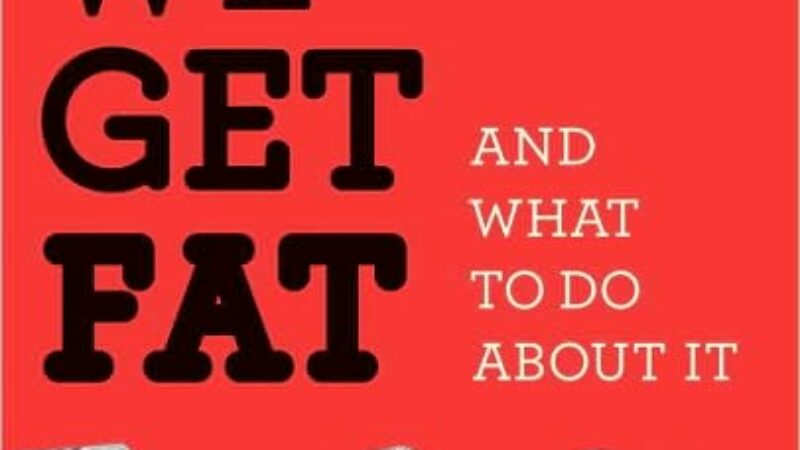Depending on who you listen to, going gluten free is either extremely beneficial for your health, or one of the latest food fads.
Gluten (Latin for “glue”) is a protein found in many grains including rye, barley and wheat. It’s what gives bread the chewiness we love and beer the taste we crave on a hot summer’s day. Unfortunately, research is suggesting that this ingredient may be responsible for a number of health issues including diarrhea, headaches, eczema, joint pain and even depression.
Full blown gluten allergy is known as celiac disease, an autoimmune condition that attacks the small intestine and carries an increased risk of developing osteoporosis, infertility and intestinal cancers. It’s estimated that 1% of the population has celiac disease, but many more may have a non-celiac gluten intolerance. While you can test for celiac disease using genetic markers, there is no definitive way to determine a gluten sensitivity. Naturopaths often recommend following a gluten free diet to diagnose an intolerance.
My experience with gluten intolerance includes family members who have improved since giving up the gluten – no more ‘foggy’ brains, a lack of digestive complaints and fewer headaches. While there has been a profusion of gluten free breads, mixes and cookies at our local grocery stores, my family isn’t big on them. And, I’m not crazy about their nutritional value – many gluten free products are made with a blend of high glycemic white rice flour, potato starch and tapioca starch. We’ve discovered a whole grain brown rice bread that goes down well and I’m blending up my own gluten free flour to make crepes, savory breads and even pizza (yes!) that the whole family enjoys. There are some great resources on the internet, including Gluten Free Girl and the Chef -a well written and beautifully photographed blog written by a husband and wife team. I recently purchased Annalise Roberts’ book Gluten Free Baking Classics, which has gluten free recipes for all your favorite baked goods. The chocolate chip cookies are divine…
If you or a family member opt for a gluten free for health reasons, focus on what you can eat instead of what you can’t. We are lucky to be surrounded by a bounty of fresh fruits and vegetables, wholesome nuts and seeds, seafood and meats that are naturally gluten free and taste amazing. Now if only someone could work on the beer…





A gluten free diet significantly helps those diagnosed with Coeliac disease. Individuals with Coeliac disease are sensitive to gluten due to gluten damaging the lining of the small intestines. The damage affects the absorption of food and causes weight loss, diarrhea, and iron deficiencies.